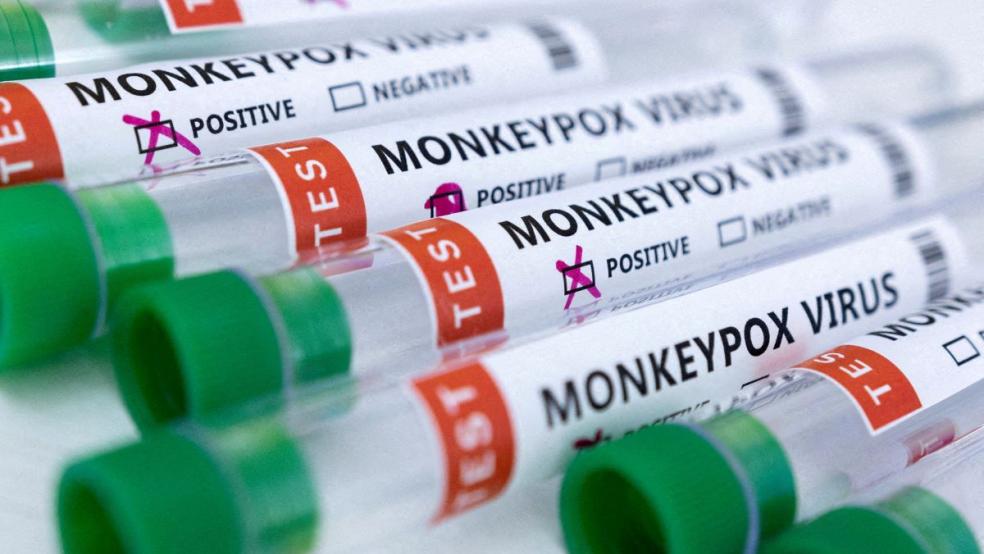Health and Human Services Secretary Xavier Becerra announced Thursday that the viral disease known as monkeypox is now a public health emergency in the U.S.
The emergency declaration frees up federal funds for health agencies to use for testing, treatment and tracking of the disease. The money may also be used to develop new tests and treatments, with an accelerated review process at the Food and Drug Administration. In addition, the Centers for Disease Control and Prevention will now have access to a wider range of information from states and cities about the progress of the current outbreak.
Health officials have identified more than 6,600 probable or confirmed cases in the U.S. since the first case was detected in May, with the vast majority of infections concentrated among gay men. According to the CDC, the U.S. has the largest number of cases, which have been recorded in every state except Montana and Wyoming. Worldwide, more than 26,000 cases have been reported.
Some states and cities – including national hotspot New York City – have already declared emergencies over the disease, and the Biden administration has been criticized for moving too slowly on the issue.
Lawrence Gostin, who specialized in public health law at Georgetown, told Bloomberg News that the declaration should help health officials get a better handle on the disease. “The window for containing monkeypox is rapidly closing, but I think it is possible to contain the outbreak,” he said. “But we need a revved-up response at the federal and state level. And that includes declaring a national emergency.”
Some critics, however, say the Biden administration waited too long to make the emergency declaration. “I don’t really understand why they didn’t do this weeks ago,” said James Krellenstein of PrEP4All, an AIDS advocacy group. “This is all too late.”
Vaccine on the way: Health officials have shipped about 600,000 doses of the smallpox vaccine Jynneos, which can also be used against monkeypox. According to CNN, the vaccine had been stored in Denmark, before the CDC ordered it to be packaged in single doses and shipped to U.S. states about three weeks after the first case was reported.
Health clinics in major cities have been administering the vaccine, with an emphasis on reaching gay men, the LGBTQ community and health care workers. One hurdle for the campaign is that the vaccine requires two doses, delivered four weeks apart. Health officials say they are looking into whether a different, more efficient dosing regimen is possible.



